What is Banana Milk? Carrageenan-Free Mooala Banana Milk (Product Review)
Did you know that the booming demand for plant-based milk is forcing a steady decline in the dairy industry? The 2020 pandemic made matters worse for this already struggling industry as dairy farms across the nation have reported being barely staying afloat during these pandemic months.
These changing dynamics have made it possible for many more options to become available in the dairy-free aisle at the grocery store. Almond, Soy, Coconut, Hemp, Oat, Pea, Cashew, etc…The list is already long! But banana milk is the latest entry to this already long list. Yes, you heard that right! Banana milk actually exists.
We know what you are thinking, “What exactly is Banana Milk? Can you even make milk out of bananas?” We’ll explain exactly what banana milk is and shine some light on carrageenan, a toxic additive to watch out for when buying plant-based milk. To make it easy for you, we at Innovative Medicine have reviewed a banana milk brand that is safe, healthy, and free of toxic additives. Let’s take a closer look.
What is Banana Milk?
Before we dive, let’s get some things straight about banana milk. Banana milk is not the same as a banana-flavored smoothie or milkshake made with dairy-based milk. Banana Milk is the latest non-dairy, plant-based option with only a few ingredients. It’s simply made with banana puree, sunflower seed butter, and water (basically bananas in liquid form).
While almond, soy, and coconut remain go-to market standards in the vegan milk category, banana milk is slowly gaining traction. Being naturally high in potassium, vitamin B6 and pectin gives banana milk an added bonus for nutrition. Also, as bananas inherently boost energy, this milk can be a good choice for pre or post-workout as it helps replenish electrolytes. All in all, banana milk can be a great addition to your morning oatmeal bowl or smoothie.

What is Carrageenan?
Carrageenan is another of those “things-I-can’t-pronounce-but-are-in-my-food” additives to watch out for. Derived from red seaweed (also known as Irish moss,) carrageenan is a thickening, emulsifying agent first introduced in the early 1930s by the food industry. This family of marine sulfated polysaccharides has gained popularity due to their gelling, thickening, and stabilizing properties. Ever since it has been a go-to choice for many processed foods from chewing gum to toothpaste and vegan products.
The Carrageenan Controversy
Carrageenans have been approved by the USFDA, while toxicology studies from early years of usage deemed it to be safe for consumption. And the food industry claims that carrageenan does not pose a health threat.
However, recent research states otherwise and points to the many ill-effects that carrageenan has on the gut. The problem with carrageenan is that it is marketed as “natural” and “plant-based.” While this is true, just because a product is plant-based, doesn’t mean that it is good for health. Scientists have warned the food industry against the usage of carrageenans. Yet, it is still being used, particularly in vegan products.
This additive in and of itself doesn’t contain any fat, cholesterol, calories, or sodium. Combined with its thickening properties, carrageenans appear to be the perfect choice for plant-based fat substitutes in vegan foods.
Health Effects of Consuming Products with Carrageenans
However, the chemical structure of carrageenan may trigger an immune response within the body. This reaction closely mimics a situation when the body is invaded by pathogens like Salmonella. For this reason, chronic consumption of this additive can irritate the gut and activate an immune response leading to inflammation, ulceration, bleeding, and worst of all, gastrointestinal cancer. It has even been listed as a possible carcinogenic agent.
Carrageenans may increase the risk of:
- Irritable bowel syndrome
- Ulcerative colitis
- Food allergies
- Colon cancer
- Rheumatoid arthritis
- Chronic cholecystitis
Despite these ill effects, the FDA still approves carrageenan and allows it to be used as an additive. Chocolate Milk, dairy-free cheese alternatives, dairy-free milk, and cottage cheese are some foods where it is being extensively used, despite health concerns.
Limiting exposure to toxic substances and avoiding processed food can go a long way in reducing the burden on your organs of elimination. Your microbiome will be happier when you consume real food, which is as close to nature as possible. A diet rich in antioxidants and a healthy relationship to food is something we highly recommend for this optimal state.
Mooala Banana Milk Review
A recent Forbes report found this banana milk to be climbing the popularity charts in the plant-based nutrition category. Jeff Richards, the CEO of Mooala explains why:
- This banana milk might be just the plant-based alternative you are looking for if you have lactose intolerance and a nut allergy
- Use of bananas adds a natural hint of sweetness thereby eliminating the need for added sweeteners and sugars. Mooala contains zero grams of added sugar in its original banana milk product
- It has been tested to be free of the top eight allergens
- The bananas used by Mooala are sustainably sourced with a primary focus on ethical and socially responsible farming practices
- Producing Mooala Banana milk doesn’t require excessive water usage and hence it doesn’t add to the carbon footprint of the food industry
- Mooala is a carrageenan-free, dairy-free milk
Chocolate and strawberry-flavored banana milk is available, as well as a banana coffee creamer.
Mooala ethically sources its bananas from South America and claims that its workers are treated fairly. Its CEO Jeff Richards first began experimenting with the recipe for banana milk in 2012. By 2016, he launched his first line of nut-free, allergen-free, dairy-free milk.
Some of Mooala’s competitors use carrageenan in their formulation. By making their milk carrageenan-free, Mooala has a unique health advantage.
Be it in terms of taste, company growth, or overall appeal, Mooala has taken the plant-based milk market by storm and looks like it is here to stay!

Final Thoughts…..
Change of any sort is often hard, period! And switching dietary preferences is possibly one of the hardest changes to navigate; particularly if a food product or brand becomes a staple in your diet. We get it! For this reason, we believe that product reviews can go a long way in helping you make the right choices about what you put in your body.
Having read this review, you now know why you should avoid products with carrageenan. The bottom line is that we are here to support you through your “read-and-understand-labels” journey. And should you choose to opt for banana milk, you now know that Mooala is a non-toxic, carrageenan-free dairy-free milk alternative. So, if you want to go bananas over Mooala Banana Milk, we say – go for it!
Disclaimer: The statements made in this article have not been evaluated by the Food and Drug Administration. Any products or treatments mentioned are not intended to diagnose, treat, cure, or prevent any disease. Please consult a licensed medical practitioner for medical advice.
At Innovative Medicine, we believe in transparency. We want you to know that we may participate in affiliate advertising programs pertaining to products mentioned herein.
See how we can help you restore complete health of body, mind & spirit.
Join our mailing list and receive exclusive offers + information!
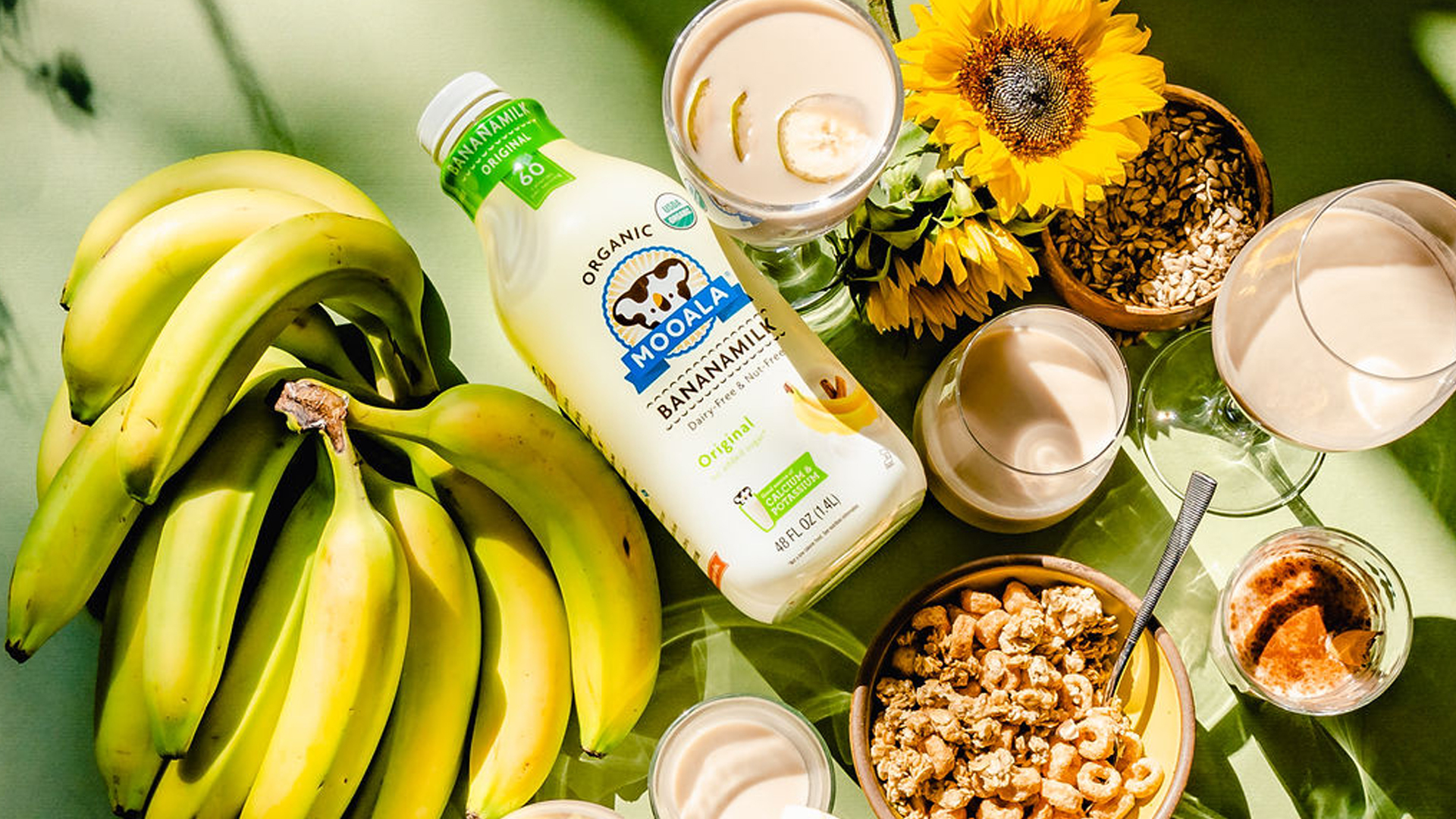

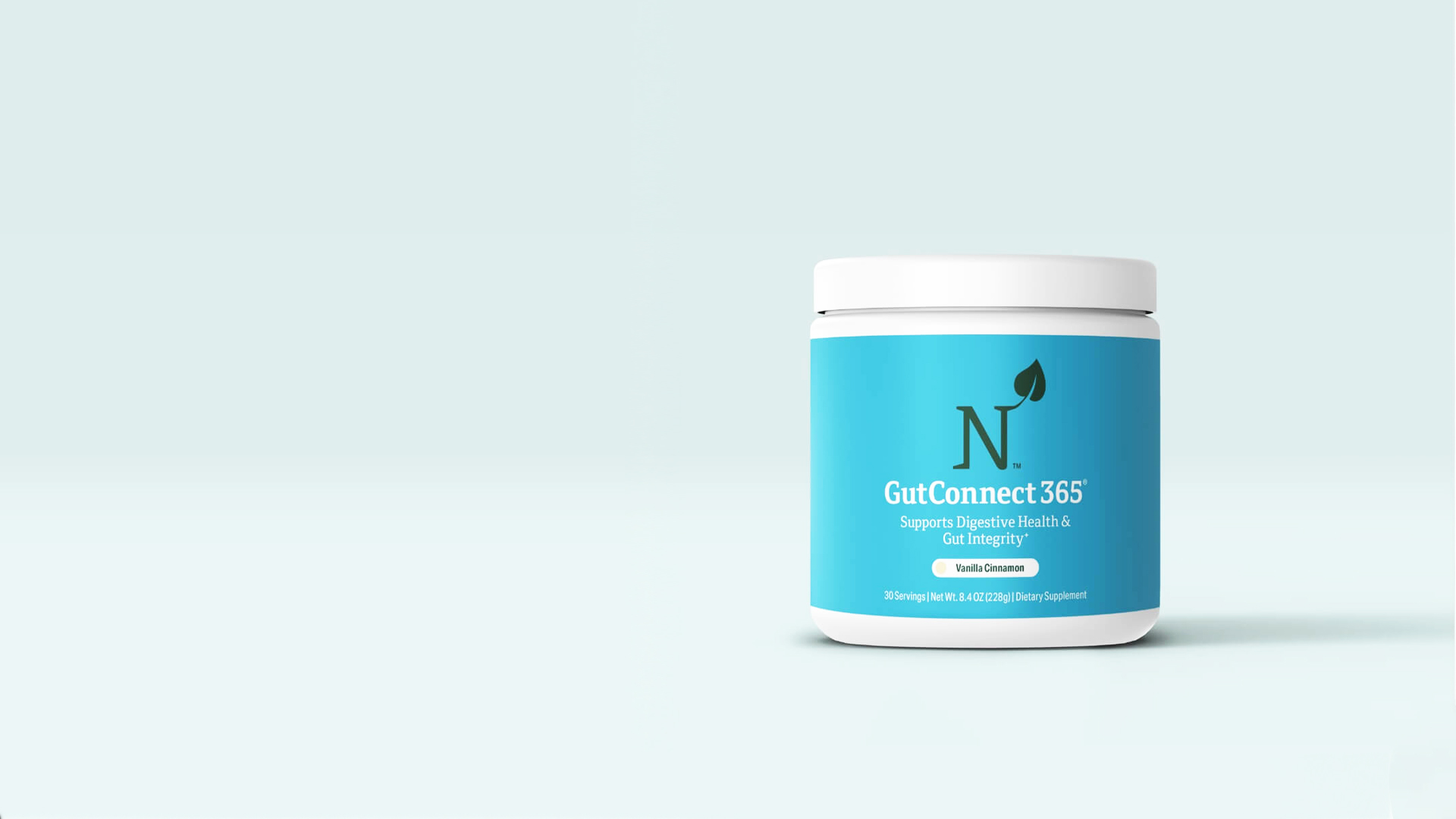
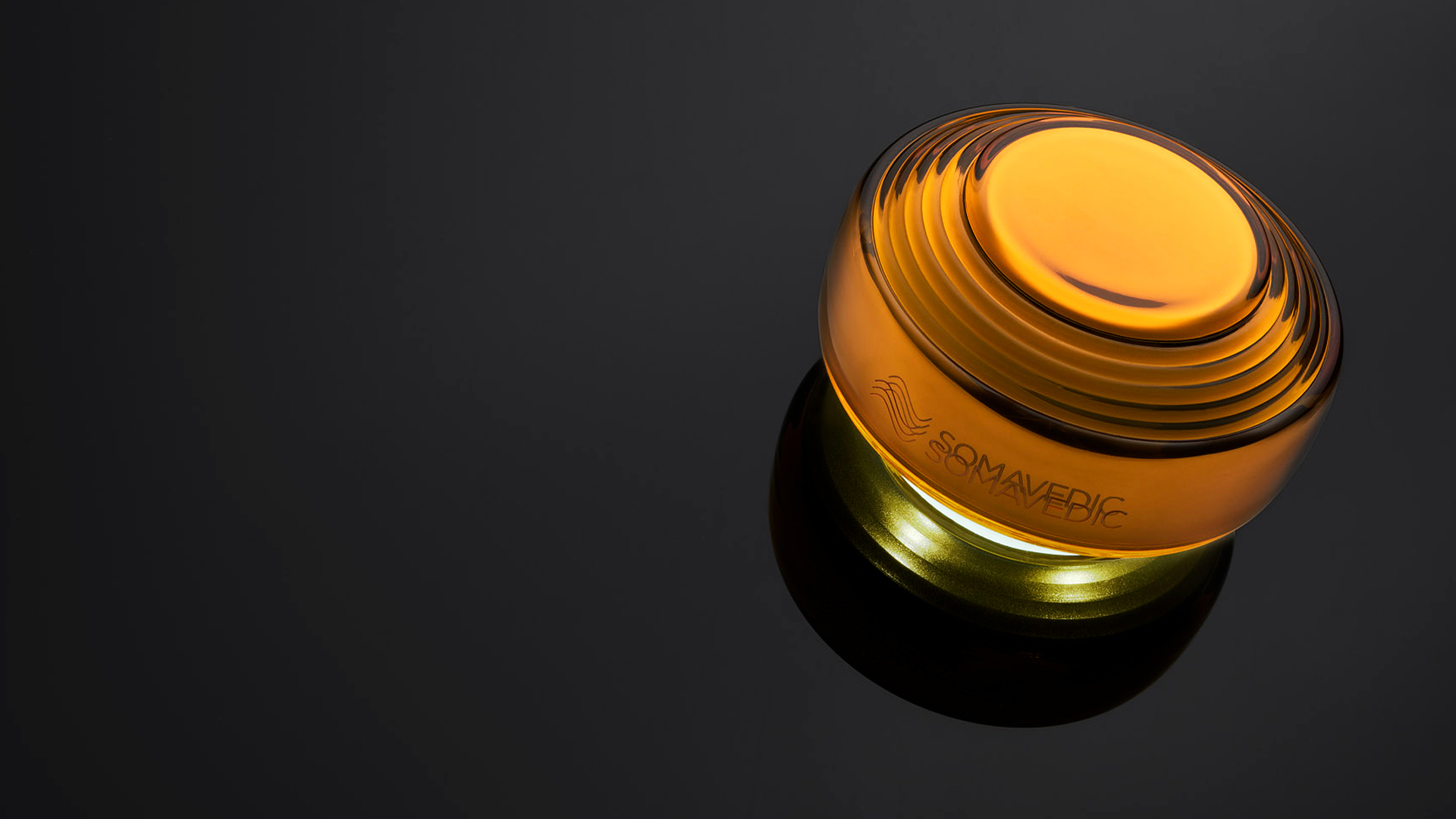
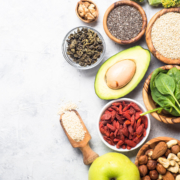

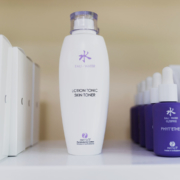
Leave a Reply
Want to join the discussion?Feel free to contribute!